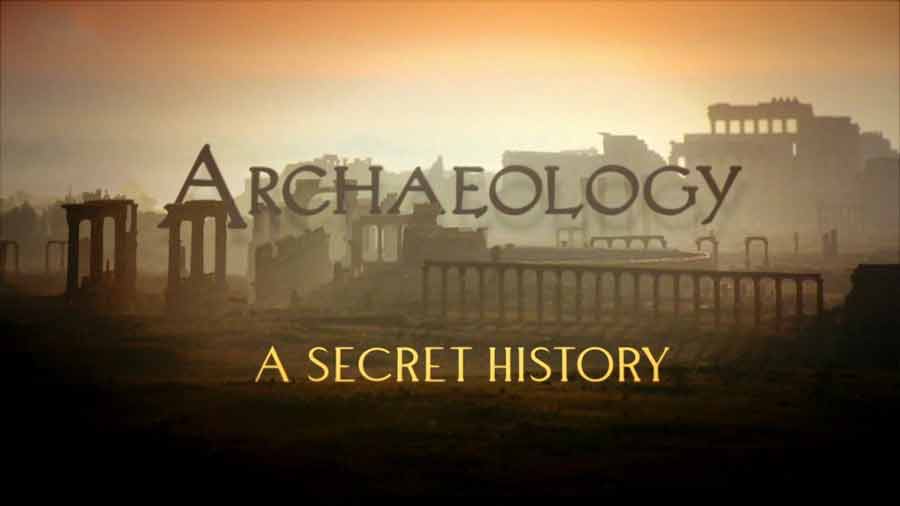Archaeology – A Secret History episode 3 – The Power of the Past: shows how 20th-century attention turned from civilisation and kings to the search for the common man against a background of science and competing political ideologies. Archaeology stands as a pivotal discipline that unveils the story of human activity through the meticulous study and analysis of material culture. This encompasses artifacts, architecture, biofacts or ecofacts, and cultural landscapes. Rooted in both social sciences and humanities, archaeology in Europe is seen as a distinct discipline, while in North America, it aligns closely with anthropology.
Archaeologists delve into the depths of human prehistory, tracing our journey from the earliest stone tools discovered at Lomekwi in East Africa 3.3 million years ago to recent historical epochs. Unlike paleontology, which focuses on fossil remains, archaeology plays a critical role in illuminating prehistoric societies where written records are absent. Spanning over 99% of human history, from the Paleolithic era to the advent of literacy worldwide, archaeology’s goals range from deciphering cultural evolution to reconstructing ancient lifeways and understanding societal transformations.
Richard Miles, a prominent British historian and archaeologist, is renowned for his captivating presentations on ancient history. Notably, he has fronted major documentary series such as BBC2’s Ancient Worlds and BBC Four’s Archaeology: A Secret History. His academic journey, rooted in ancient history and archaeology studies at the University of Liverpool and Cambridge, has led him to become a respected professor and pro-vice-chancellor at the University of Sydney.
Archaeologist Richard Miles presents a series charting the history of the breakthroughs and watersheds in our long quest to understand our ancient past.
Archaeology – A Secret History episode 3 – The Power of the Past
Archaeology is the study of human activity through the recovery and analysis of material culture. The archaeological record consists of artifacts, architecture, biofacts or ecofacts and cultural landscapes. Archaeology can be considered both a social science and a branch of the humanities. In Europe it is often viewed as either a discipline in its own right or a sub-field of other disciplines, while in North America archaeology is a sub-field of anthropology.
Archaeologists study human prehistory and history, from the development of the first stone tools at Lomekwi in East Africa 3.3 million years ago up until recent decades. Archaeology is distinct from palaeontology, which is the study of fossil remains. It is particularly important for learning about prehistoric societies, for whom there may be no written records to study. Prehistory includes over 99% of the human past, from the Paleolithic until the advent of literacy in societies across the world. Archaeology has various goals, which range from understanding culture history to reconstructing past lifeways to documenting and explaining changes in human societies through time.
Richard Miles – The Power of the Past
Richard Miles (born 1969) is a British historian and archaeologist, best known for presenting two major historical documentary series: BBC2’s Ancient Worlds (2010), which presented a comprehensive overview of classical history and the dawn of civilisation, and BBC Four’s Archaeology: a Secret History (2013).
Miles was born in Pembury, Kent. He studied ancient history and archaeology at the University of Liverpool and sat for a PhD in classics under Professor Peter Garnsey at Jesus College, Cambridge. Richard Miles is a professor of Roman history and archaeology and pro-vice-chancellor of enterprise and engagement at the University of Sydney. He was the former head of the School of Philosophical and Historical Inquiry, and a former director of the Arts Career Ready Programme at Sydney. His research primarily concerns Punic and Late Roman history and archaeology.
He has directed archaeological digs in Carthage and Rome, and in 2010 he published Carthage Must Be Destroyed: The Rise and Fall of an Ancient Mediterranean Civilisation. He also hosted the two part Channel Four Television Corporation series Carthage: The Roman Holocaust (2004), which focuses upon the war between Carthage and Rome.




